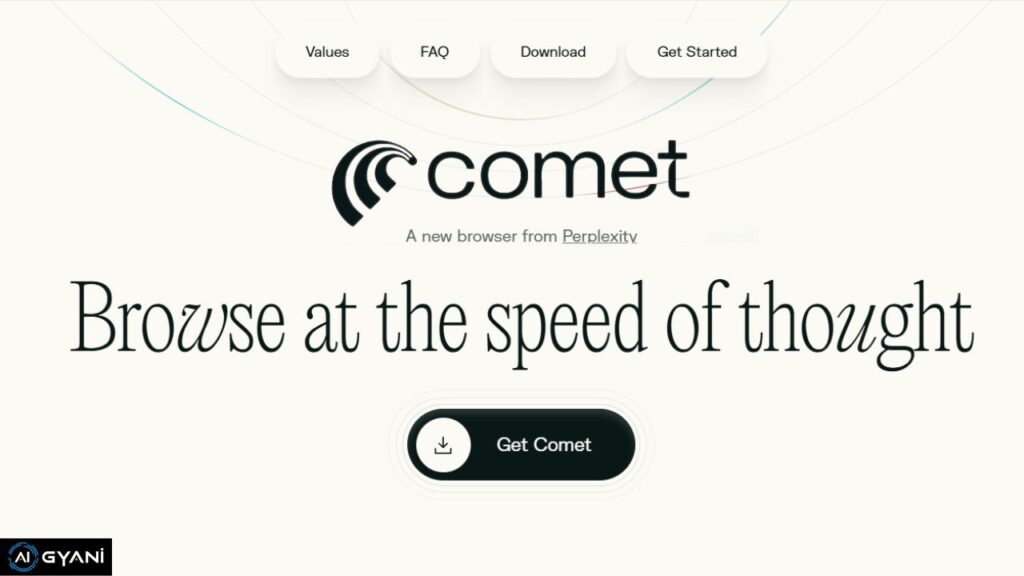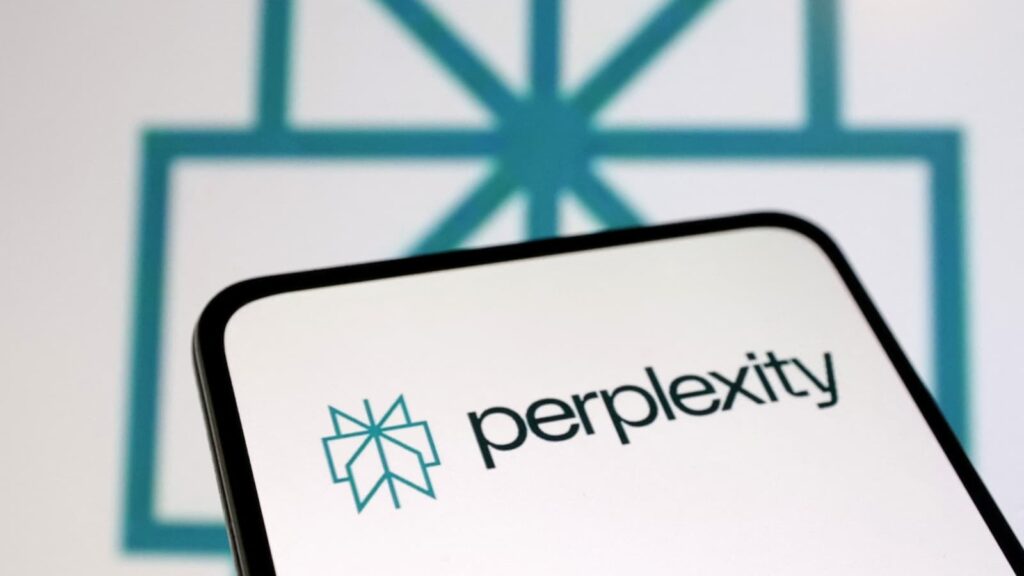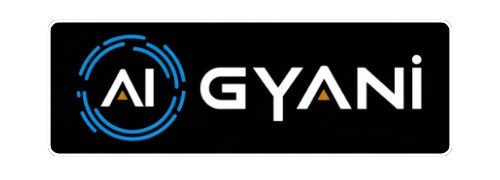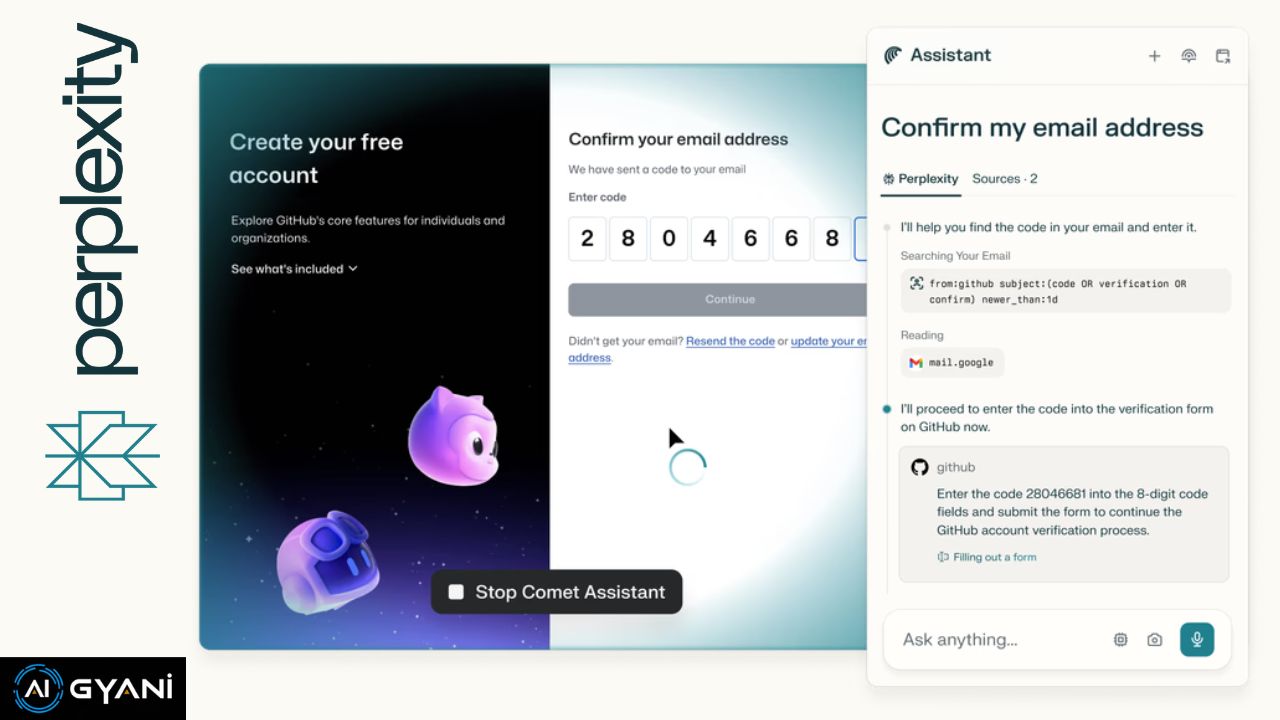Imagine a future where your smartphone’s browser isn’t Google Chrome or Safari but something smarter—something that truly understands your questions and helps you find answers faster and more intuitively.
This is exactly what Perplexity AI is aiming for with its new AI-powered Comet browser, now setting its sights on Android smartphones.
If you’re wondering why this matters, here’s the simple answer: Google Chrome has been the king of web browsers for years, especially on Android. Perplexity’s bold move to break this dominance is not just about browsing—it’s about changing how we search, discover, and interact with information on our devices.

What Is Perplexity’s Comet Browser?
Let’s start with the basics. Comet is an AI-driven web browser developed by Perplexity AI, a startup known for building advanced AI search tools. While Chrome is fast and reliable, Comet brings a fresh twist—it’s designed to help users search smarter, not harder.
Instead of just typing keywords and scrolling through links, Comet uses AI to understand your questions, summarize answers, and guide you to the information you actually need. Think of it as a search assistant baked directly into your browser.
Right now, Comet is available in beta for desktop users (Windows and Mac), but Perplexity is preparing to expand to Android phones soon.
Why Target Android?
Most Android phones today come with Google Chrome pre-installed, alongside other browsers like Samsung Internet or OnePlus’s Internet app. This makes it tough for new browsers to gain attention because users tend to stick with whatever is already on their device.
But Perplexity has a plan: get Comet pre-installed on smartphones right from the start.
They’re actively talking to phone makers to make this happen, hoping that if Comet comes preloaded on your next device, you’ll be more likely to try it—and keep using it.
Pre-installation isn’t just about convenience. It helps build trust and familiarity, two big hurdles for any new app trying to compete with giants like Google.

The Google Roadblock
However, this isn’t as easy as it sounds. Convincing smartphone brands to swap Chrome for Comet is a huge challenge.
Perplexity’s CEO, Aravind Srinivas, openly admitted that changing the default browser is “not easy.”
There’s history here: Perplexity previously tried to make its AI assistant the default on Motorola phones but ran into obstacles from Google itself. According to court testimony, Google made deals with phone makers that left Perplexity feeling cornered, describing these contracts as like having a “gun to your head.” Eventually, Perplexity managed to get its app onto Motorola phones—but not as the default.
This paints a clear picture of just how powerful Google’s grip is on the Android ecosystem.
Comet’s Bigger AI Ambitions
Beyond simply being a browser, Perplexity sees Comet as part of a larger AI search revolution. They’re already in discussions with tech giants like Samsung and Apple to integrate their AI search technology into digital assistants like Siri and Samsung’s Bixby.
This could mean in the future, your AI assistant might use Perplexity’s tech behind the scenes to fetch answers—rather than Google’s AI or even ChatGPT. For Apple, ChatGPT currently handles complex queries. For Samsung, it’s Google’s Gemini. Comet wants to be another option.
When Can You Try Comet on Mobile?
If you’re eager to try Comet on your phone, you might need to wait a little longer.
During a recent Q&A, Srinivas didn’t commit to a specific launch date for Android, only mentioning that the team is “sprinting” to get it ready. For iPhone (iOS) users, Comet might arrive in the next 2-3 months.
As of now:
- Windows and Mac users: Beta available to paying customers.
- Free users: Limited access through invite-only.
- Mobile: Coming soon.
Perplexity’s big goal? To eventually bring Comet to hundreds of millions of people worldwide.
Conclusion: A Glimpse of the Future of Browsing
Why should everyday users care? Because this is about more than swapping browsers. It’s about how AI is reshaping the way we use the internet. Instead of digging through search results, AI-powered browsers like Comet aim to give you straightforward answers, fast.
For the tech world, this is another sign that Google’s monopoly isn’t unshakable forever. For users, it’s exciting to think about browsers and assistants that truly understand what you want—not just what you type.
Stay tuned for the latest AI news and simple, easy-to-understand updates.









